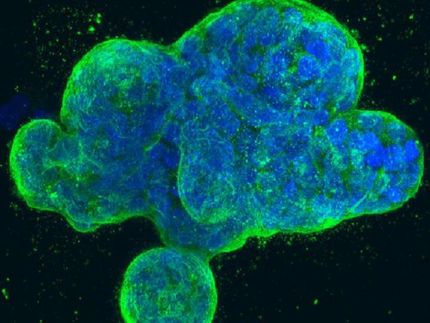Gamma-Tocotrienol kills prostate cancer stem cells
Latest study reveals that gamma-tocotrienol is effective in targeting prostate cancer stem cells, offering a potential means to prevent cancer growth and disease relapse
Advertisement
Scientists from Singapore, Australia and Hong Kong have found that gamma-tocotrienol is potent in killing prostate cancer stem cells. This small group of cells is responsible for the initiation of prostate cancer and is resistant to conventional chemotherapy drugs. It causes relapses in the cancer by producing new chemo-resistant cancer cells. Gamma-tocotrienol is a member of the Vitamin E family and is derived naturally from palm oil.
This study aimed to find a way to eradicate prostate cancer stem cells. It follows an earlier report that demonstrated the effectiveness of gamma-tocotrienol in targeting the bulk of the prostate tumour mass. This latest finding highlights the considerable potential of gamma-tocotrienol as a natural remedy to prevent and treat prostate cancer.
This research study involves collaboration between scientists at Davos Life Science (Singapore) and researchers at Australian Prostate Cancer Research Centre - Queensland and The Hong Kong University. The findings were reported in the latest edition of the International Journal of Cancer (IJC).
The scientists found that low doses of gamma-tocotrienol cause apoptosis in the prostate cancer stem cells and suppress their colony formation capability. This results in a lower prostate cancer stem cell population (as defined by the protein markers CD133 and CD44). Further tests in mice models were conducted, where mice implanted with hormonal refractory prostate cancer cells were given gammatocotrienol orally. The results showed that gamma-tocotrienol not only reduced tumour size formed, but also decreased the incidence rate of tumour formation by 75%, as compared to the control group of mice, which had 100% tumour formation. These results strongly suggest that gamma-tocotrienol could be developed for prostate cancer prevention and treatment.
“These results provide a compelling case for developing the potential of gammatocotrienols to help patients with terminal hormonal refractory prostate cancer. The prospects of future studies on the cancer-fighting effects of gamma-tocotrienols are exciting indeed and we see increasing research interest by scientists in this area,” said Mr. Arthur Ling, CEO of Davos Life Science Singapore.




















































